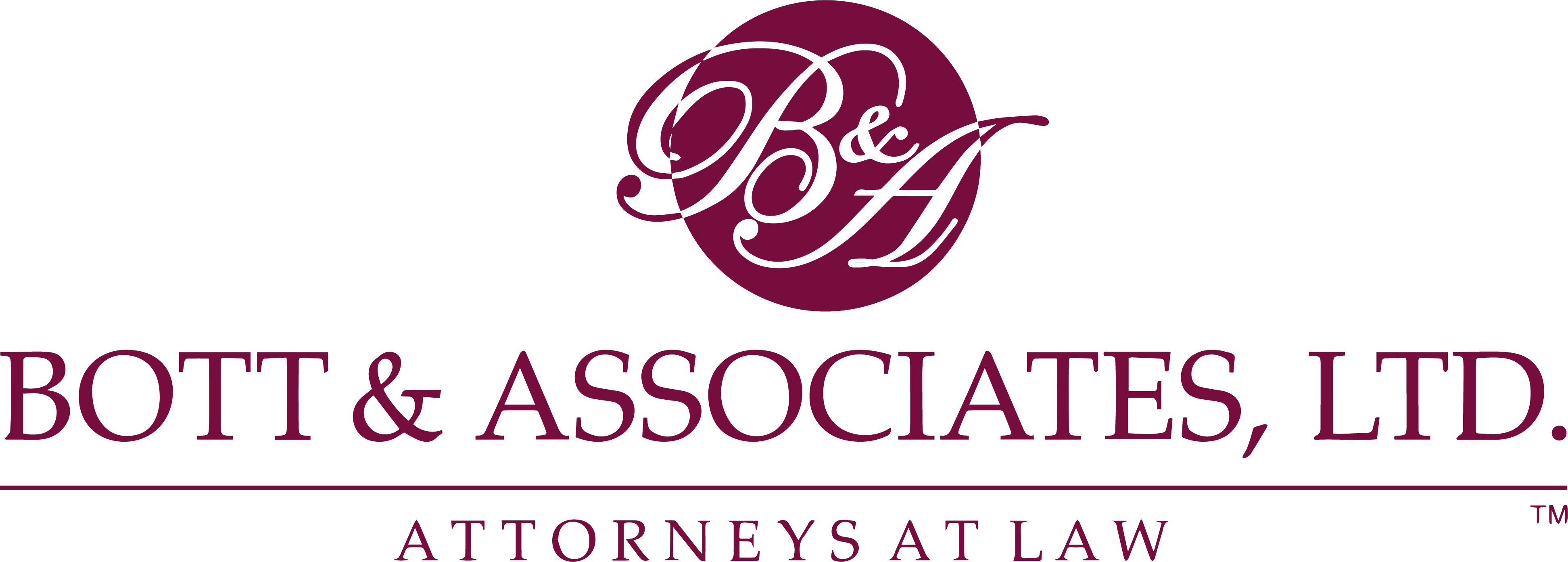FIDUCIARY MAY FACE PERSONAL LIABILITY FOR
IMPROPER ADMINISTRATION OF A TRUST OR ESTATE
In Estate of Sarah O’Hare, No. 2015 IL App (2d) 2-14-0073 (June 11, 2015), Virginia O’Hare (“Virginia”), mother of Sarah O’Hare (“Sarah”), her disabled adult daughter, appealed a judgment against her in the amount of $421,621.73.
Sarah was born in October 1989 with significant birth injuries. There was a medical malpractice suit that resulted in a substantial settlement, including an annuity which paid Sarah over $15,000 per month. As Sarah was a minor and disabled, Virginia was appointed as guardian of her estate, of which the settlement proceeds were the bulk. She served as guardian of Sarah’s estate from November 2007 through June 2010.
Sarah lived at home with her mother, who was her primary caregiver. Sarah’s brother and step-father also resided in the household, along with a live-in caregiver who assisted Virginia in caring for Sarah. Sarah’s father, Keith, is an Episcopal pastor and had assignments in Illinois, California, and Florida around the time period in question.
Sometime prior to October 2008, the family moved to Florida without informing the court. Furthermore, Virginia used funds from Sarah’s guardianship estate to purchase a home in Florida and to make the monthly mortgage payments. Again, Sarah did not seek the approval of the court before doing so. Virginia also paid herself a hefty salary for her caregiving services and made vehicle purchases, again without court notice or approval.
Virginia submitted her first accounting to the court in October 2008. The court noted the above expenditures and asked for further information. The court ordered Virginia to seek prior approval before making any further expenditures. In February 2009, dissatisfied with Virginia’s efforts to provide the information it requested, the court appointed the public guardian to review Virginia’s accounting and the receipts and other information she had provided. Virginia submitted her second annual accounting in February 2010 and later that month the public guardian submitted its report, finding that Virginia was using Sarah’s funds not only for her support, but also to support the entire family. The court appointed an attorney to represent Sarah. In June, 2010, that attorney brought a motion to remove Virginia as the guardian of Sarah’s estate. In July 2010, Virginia was removed and she was ordered to file her final report. In August 2010, the public guardian filed its report and objection to Virginia’s final report.
Under Illinois law, a guardian serves in the same fiduciary capacity as trustees. The case went to trial and the court ended up approving some expenditures that were clearly for Sarah’s benefit and partially allowing others where Sarah received a portion of the benefit (such as a portion of the housing expenditures). The court noted that when a guardian makes large purchases without court approval, he or she does so at his or her own peril should the court not later approve them. The court also noted that the presumption is against the guardian with regard to any ambiguities in the account or lack of proper records. The court found that Virginia’s improper expenditures exceeded $421,000 during the period in question.
Virginia appealed, stating that the court penalized her for “an imperfect job of record keeping” and that her primary goal was to make Sarah’s life “as comfortable and pleasurable as possible.” The appellate court found that Virginia’s argument grossly mischaracterized the record, which shows that while Sarah received excellent care under Virginia’s watch, her breach of fiduciary duty went far beyond sloppy recordkeeping. Instead, Virginia used Sarah’s guardianship estate to benefit her and the other members of the family. Sarah had no duty to provide such support and it was a breach of Virginia’s fiduciary’s duty to deplete Sarah’s estate in such a manner. The court further held that “the record clearly establishes that Virginia treated the estate not as Sarah’s separate funds to be used for Sarah’s needs, but as a family asset available to pay for food, housing, and travel.”
Unfortunately, Sarah’s story is not all that uncommon. Court dockets are full of cases where the trustee, conservator, or other fiduciary has used trust or estate funds to benefit someone other than the intended beneficiary. Often, the benefit inures to the fiduciary. Many parents of special needs children who receive large court awards consider the settlement or trial judgment to be something akin to a wrongful death award intending to benefit the family members as a whole, rather than just the disabled beneficiary. Trustees and other fiduciaries must be cautioned that the trust or estate assets are for the “sole benefit” of the beneficiary and that failure to abide by that principal can lead to personal liability as well as possible disqualification of the beneficiary from continued eligibility for government assistance and/or repayment of past benefits. Trustees and other fiduciaries would be well advised to retain the assistance of a knowledgeable attorney in administering the trust or estate, and in certain circumstances, petitioning the court for approval of certain acts prior to engaging in them (like the purchase of a car or residence). Certainly, payment of any guardian, conservator, executor, administrator or certain court appointed trustee fees, or the fees of his or her attorney, without prior court approval can lead to disastrous results.
Our law firm focuses on administration of trusts and estates of all types. We represent trustees, executors, administrators, personal representatives, guardians, and conservators in fulfilling their duties as fiduciaries. We also offer estate planning services. As a member of the American Academy of Estate Planning Attorneys, our firm is kept up-to-date with new developments in trust administration, such as the O’Hare case. You can get more information about a complimentary review of your clients’ situation and our services by calling our office.

